In this article: Learn which are the best squash companion plants to plant with both winter and summer squash varieties for a better harvest and less pests!
No matter if you are a new gardener or an experienced one, squash is a must have in your garden. Both summer and winter squash are easy to grow and just require fertile soil, full sun, and water.
This site contains affiliate links. If you make a purchase using one of these links, I may earn a commission. Please see my disclosure page for more information about cookies collected and our privacy policy.
Companion planting with your squash can help your garden grow better, taste better, and have less problems with pests. So how does companion planting work? What can you grow with your squash and what should be kept far away?
Below you will find a list of squash companion plants that you can grow alongside your squash plants to prevent pests and disease. Plus a list of what you should keep separate from your squash bed.
If you are just getting started with squash, check out my complete guide to growing squash and some of my favorite winter squash varieties and the best summer squash varieties.
Pick up a copy of my Companion Planting Guide and Binder to help you design the perfect garden beds with companion planting in mind. Everything you need to know about companion planting in an easy to read format so you can start companion planting sooner!
Squash Companion Plants For a Better Squash Harvest
There are 2 types of squash that you can grow in your garden. Summer squash- which is your yellow squash or zucchini. And winter squash- which is your butternut, pumpkins, and candy roaster to name a few.
For the most part, the companion plants for both will be the same, but because of the differences in their growing habits, some crops are better suited than others for interplanting.
Winter Squash Companion Plants
Winter squash varieties have long vining plants that can take up a lot of room. Their long vines and dense leaves make it harder to interplant things around the individual plants.
The most common way of companion planting squash is using the 3 Sisters Method. This method was first used by the Native American tribes and it is still used today with great success.
The 3 sisters gardening includes planting corn, beans and squash together. Corn and squash have very similar soil and water needs making them well suited for planting together.
The beans are planted near the corn and are allowed to grow using the corn as support. Beans are a nitrogen fixing legume making it a good companion for both squash and corn.
The winter squash plants are then planted around the corn to keep the weeds down and help reduce pests such as raccoons from getting your corn.
Many experienced gardeners also say that planting these crops together improves the flavor of all 3.
You can also use the plants listed below as perimeter crops around your squash rows and beds to get even more companion planting benefits.
Summer Squash or Zucchini Companion Plants
Most summer squash varieties grow on shorter vines that take up much less space than winter squash. This makes it easier to interplant with different flowers and crops for a variety of benefits. You can companion plant the following with your squash:
Beans and Peas– These are both legumes that fix nitrogen in the soil, which will help your heavy feeding squash grow even better.
Flowering Herbs– such as rosemary, oregano, borage draw in beneficial insects and attracts bees for good pollination- which is essential in having a great squash harvest.
Annual Flowers– such as Marigold, Nasturtiums, and Calendula are great to interplant or perimeter plant around your squash vines. These flowers will provide a variety of services for your squash.
These flowers can act as trap crops for some pests and deter others. They will also draw in beneficial insects, such as the Tachinid Fly, and bees.
Sunflowers– Planting sunflowers alongside your squash can help shade your vines from the hot summer sun.
Squash Companion Plants For Pest Control
Squash, while easy to grow, do have certain pests that can be very hard to control, especially organically. Companion planting is a great tool to use to help keep pests away and keep your squash plants healthy and harvesting for longer. You can:
Grow nasturtiums with your squash to help keep that dreaded squash bug away.
Interplant White Icicle Radishes around the base of your squash plants to keep pests that feed on cucurbits- such as squash and cucumber- away. These radishes are not harvested but allowed to grow and flower all season.
Tansy can help repels squash bugs and cucumber beetles in your garden beds.
Marigold: Marigolds can be planted throughout your garden since they help with a variety of pests. Marigold is a good squash companion plant since it helps to repel cucumber beetles and other beetles that may feed on your squash vines.
Pro Gardener Tip: Timing can be important when it comes to keeping your squash plants pest free. Try planting squash again in fall for less pests since the life cycle of the major beetles will be over for the year. Alternately- Early planted squash can be more tolerant of borers.
What to Avoid Planting With Your Squash
Squash is a heavy feeding plant, so it should be planted apart from other heavy feeders so there is no competition for nutrients in the soil
Related Reading: 8 Ways to Improve Your Garden Soil for FREE!
Squash should also no be planted near potatoes. Potatoes can have an growth inhibiting affect on other crops and it is a very heavy feeder which would compete for soil nutrients.
Potatoes, Onions and other root crops can also disturb the shallow roots of squash plants, which can make them less strong and healthy.
Strong Aromatic Herbs can affect the taste of your squash plants, and many are also heavy feeders.
Once you’ve harvested your winter and summer squash, check out these articles on how to use them:
50+ Zucchini Recipes for Your Summer Harvest
15 Stuffed Acorn Squash Recipes
5 Ways to Preserve Winter Squash
6 Ways to Preserve Summer Squash
Learn more about companion planting:
The Best Eggplant Companion Plants
The Best Garlic Companion Plants
The Best Tomato Companion Plants

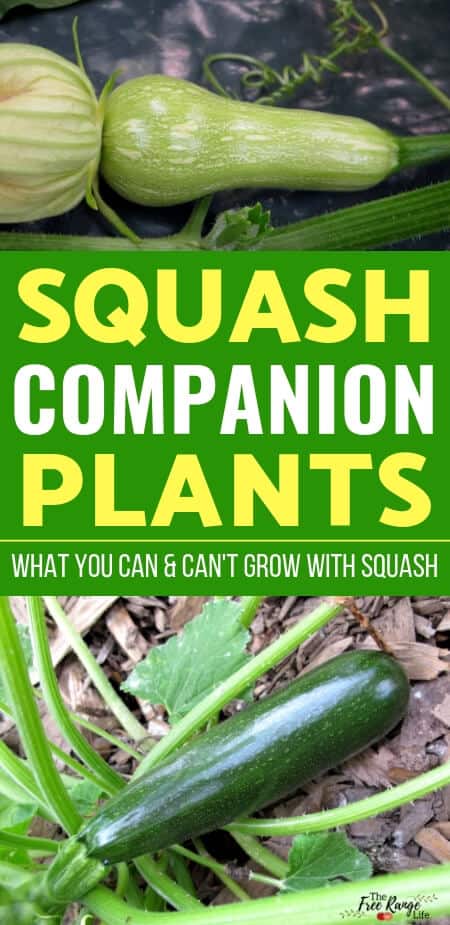
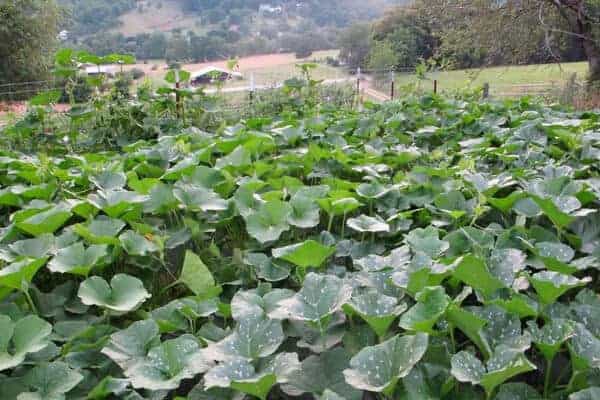
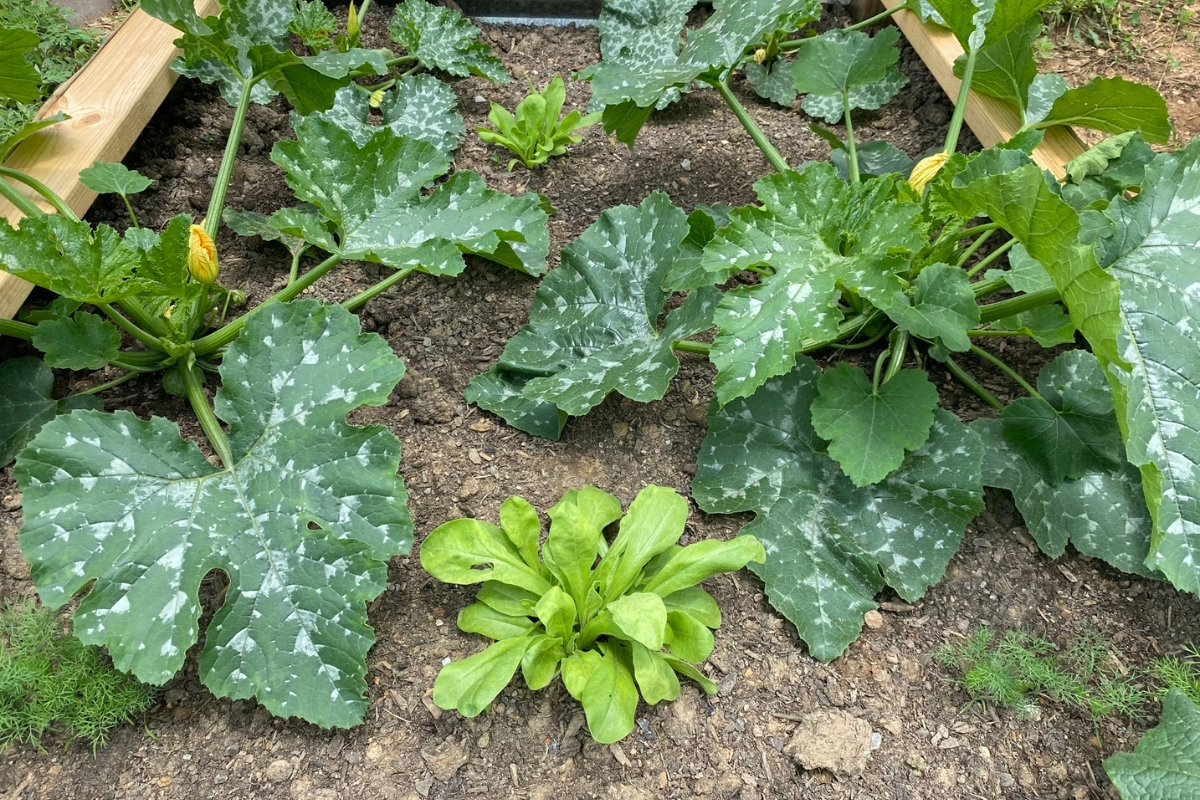
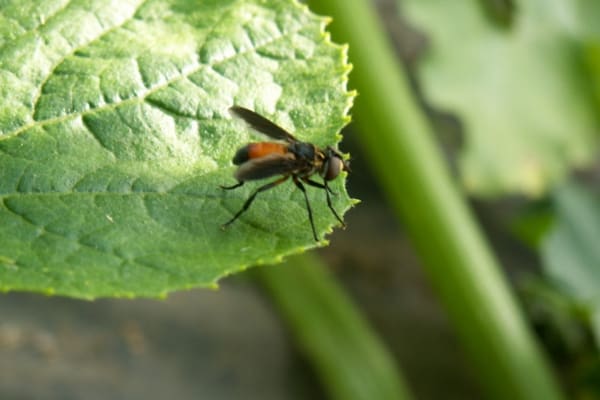
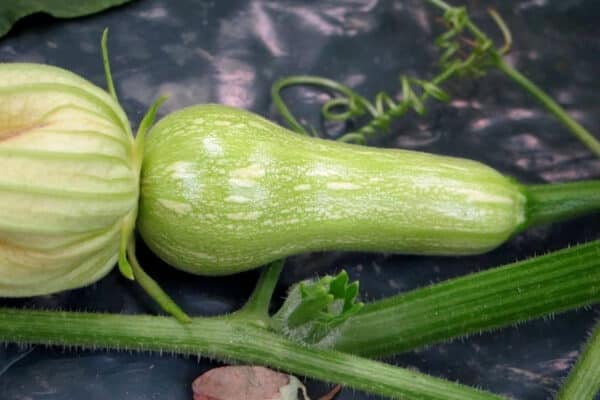
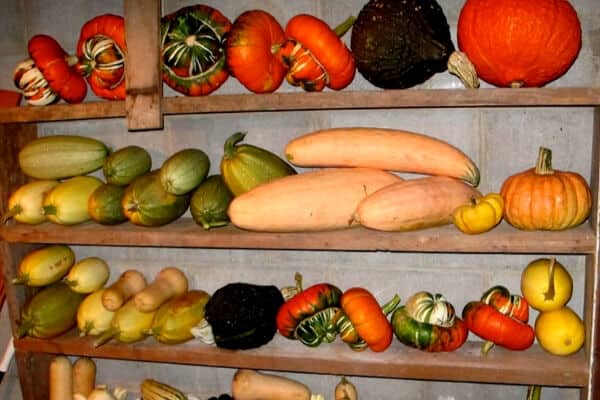

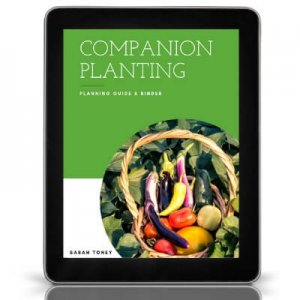
Nice and informative. Thank you..
Thanks for the tips. I am quite protective of my squash
What are your qualifications? Are you a public speaker? I’m a school garden coordinator, MG, and I would like more MG to learn about Companion Planting.
I confirmed my subscription, but still haven’t received Companion Planting Chart.
I checked and it’s been sent. Be sure to check your promotions or spam folder.